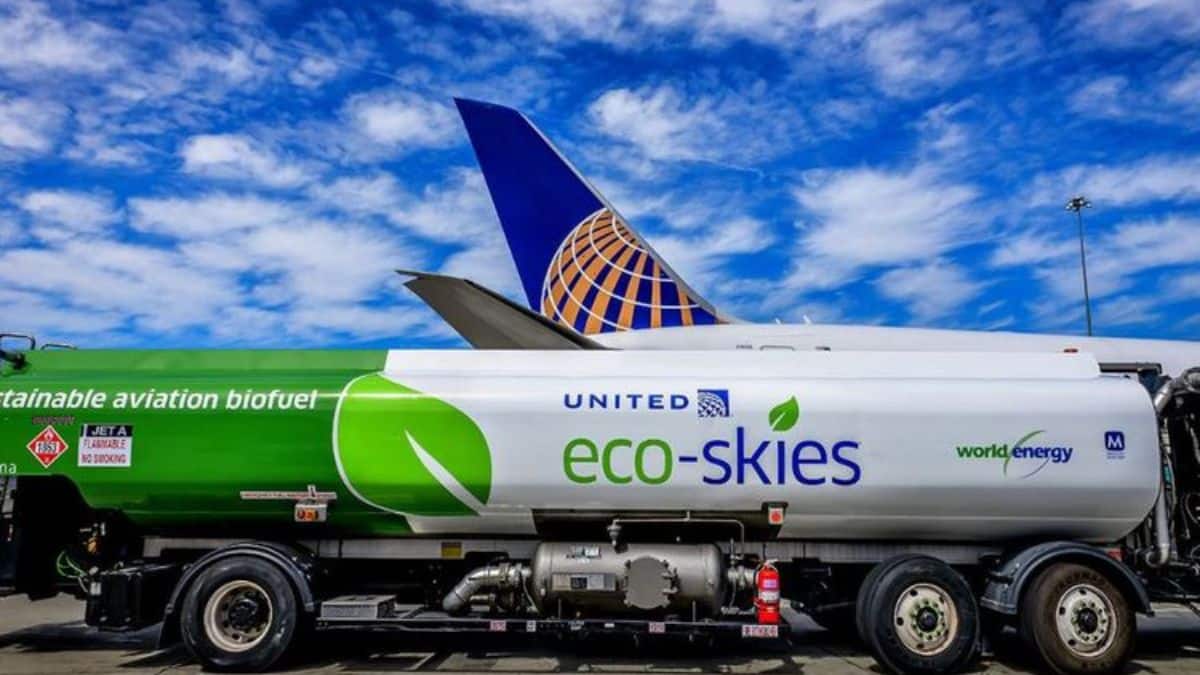Lion Air has announced its commitment to transition its entire fleet to Sustainable Aviation Fuel (SAF) by 2030, marking a significant step in the airline’s sustainability efforts. This move aligns with broader industry goals to reduce carbon emissions and combat climate change. SAF, which can reduce carbon emissions by up to 80% compared to traditional jet fuel, is seen as a pivotal component in the aviation sector’s strategy to achieve net-zero emissions by mid-century.
The Indonesian airline’s pledge is part of a growing trend among global carriers to adopt cleaner fuel alternatives. SAF is produced from renewable resources, such as waste oils and agricultural residues, making it a more environmentally friendly option than fossil-based fuels. The International Air Transport Association (IATA) has been advocating for increased SAF usage, highlighting its potential to significantly lower the aviation industry’s carbon footprint.
Lion Air’s plan includes collaborating with fuel suppliers and industry stakeholders to ensure the availability and scalability of SAF. The airline’s commitment also underscores the need for supportive policies and incentives from governments to facilitate the transition to sustainable fuels. This initiative is expected to drive innovation and investment in SAF production, making it more accessible and cost-effective over time.
Singapore Airlines and its low-cost subsidiary Scoot have also set a target to replace a portion of their fuel with SAF by 2030, reflecting a regional push towards greener aviation practices.
Lion Air’s commitment is a critical development in Southeast Asia’s aviation sector, setting a precedent for other airlines to follow suit. As the airline industry faces increasing pressure to reduce its environmental impact, the adoption of SAF represents a practical and immediate solution to curbing emissions, paving the way for a more sustainable future in air travel.

